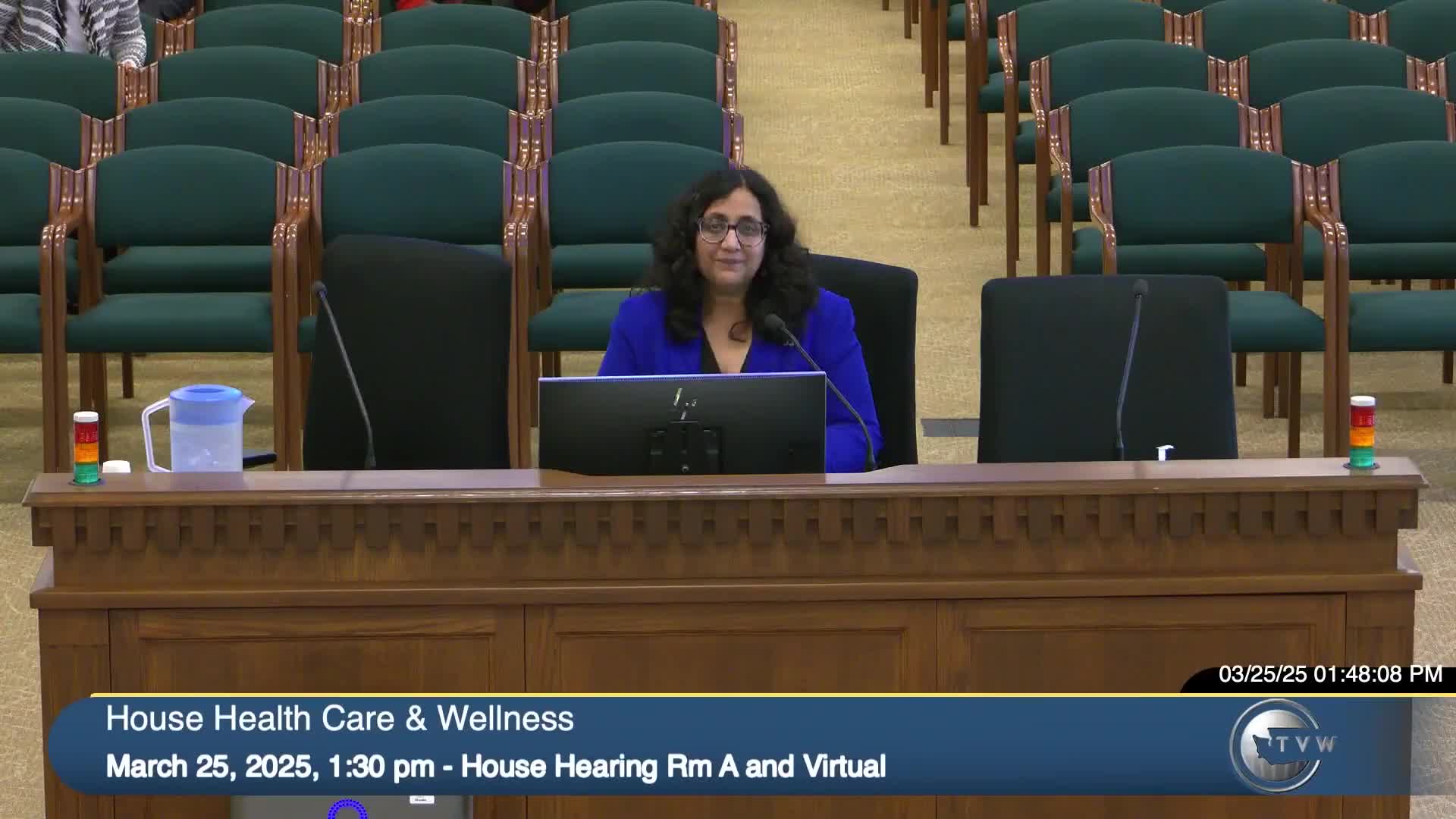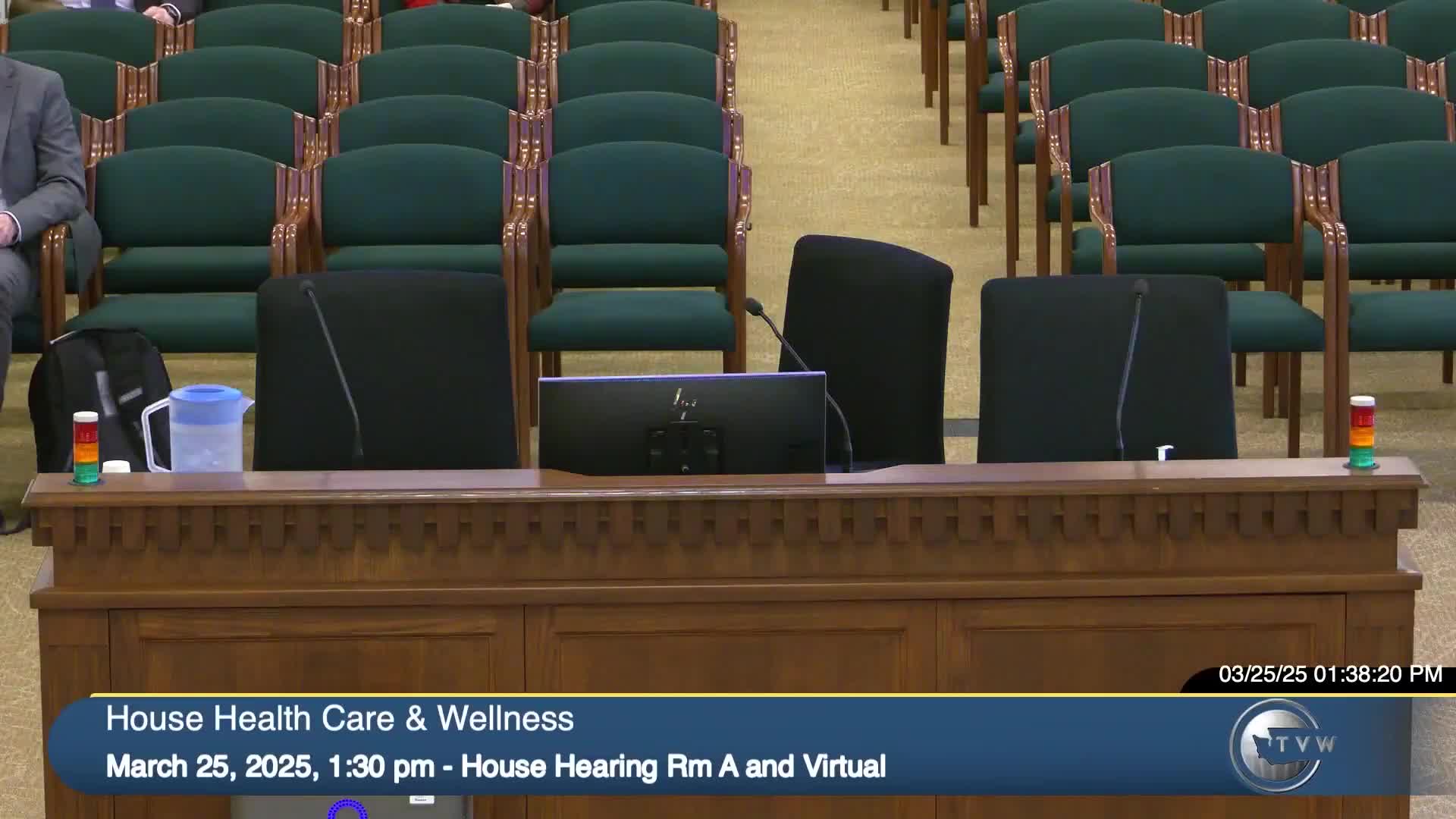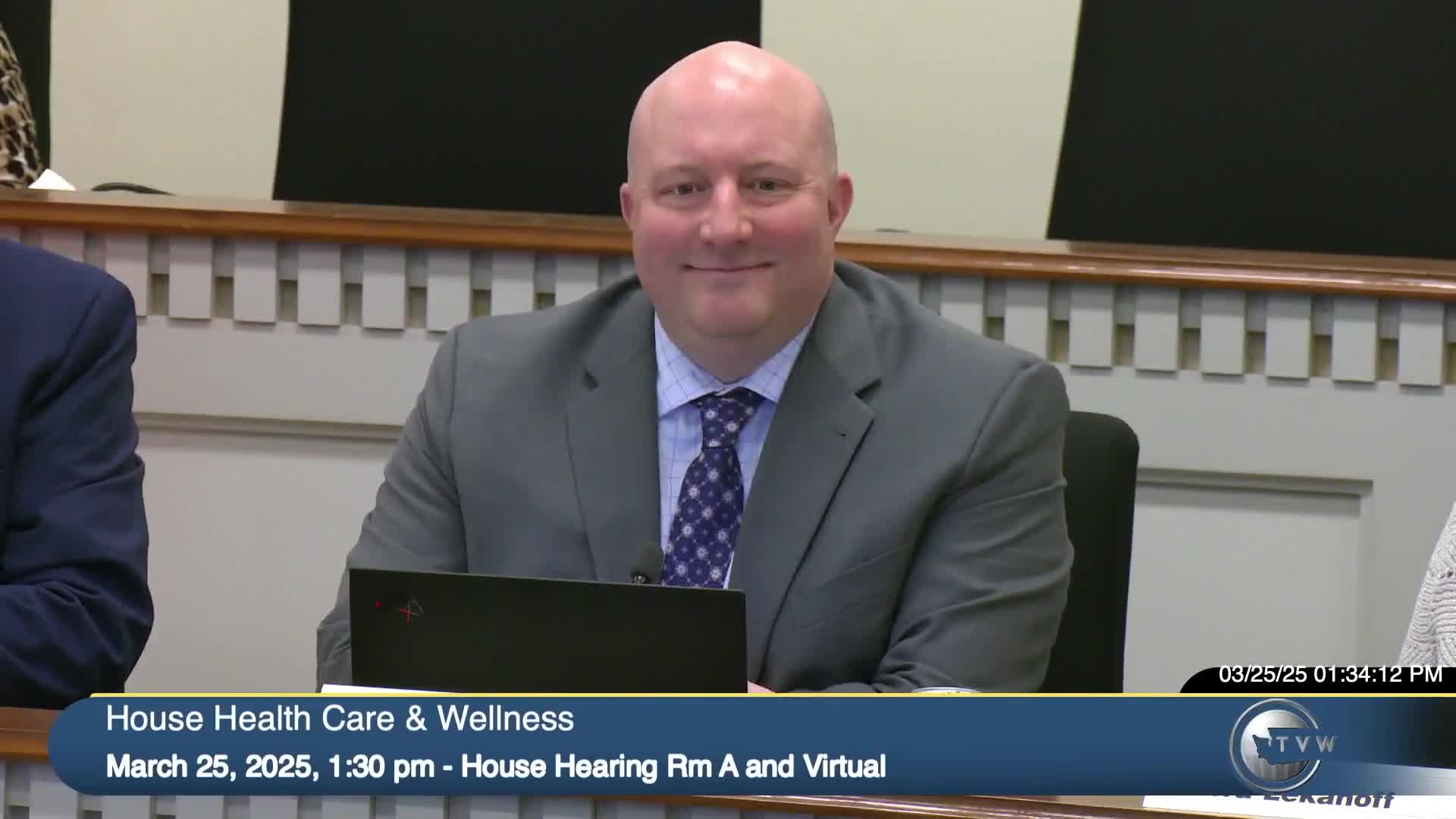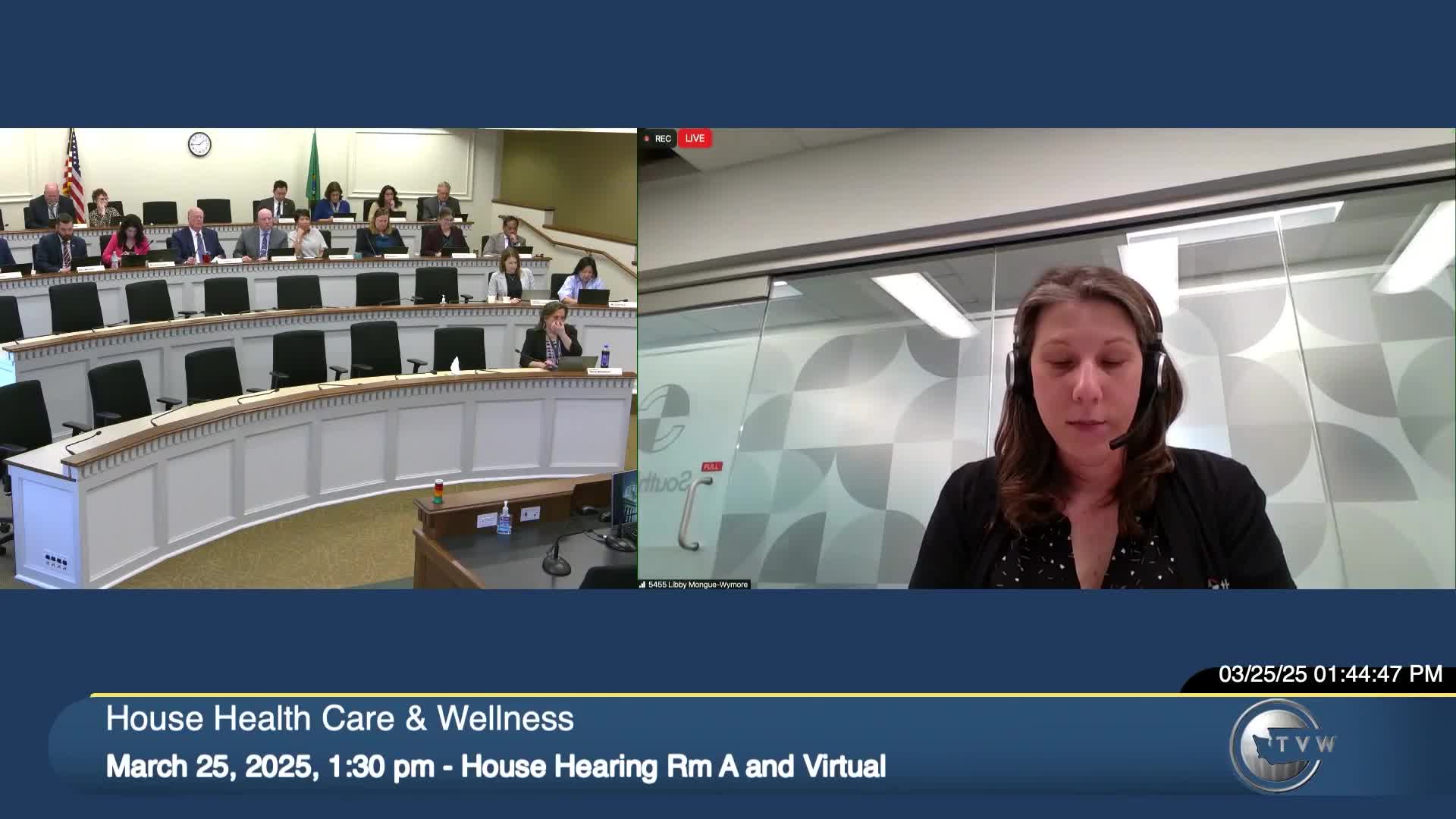Article not found
This article is no longer available. But don't worry—we've gathered other articles that discuss the same topic.

Committee reports five health bills out of committee with due-pass recommendations

Committee hears bill requiring hospitals to submit federal price-transparency data to state Department of Health

Panel hears bill to set 26-year retention period for hospital medical records

